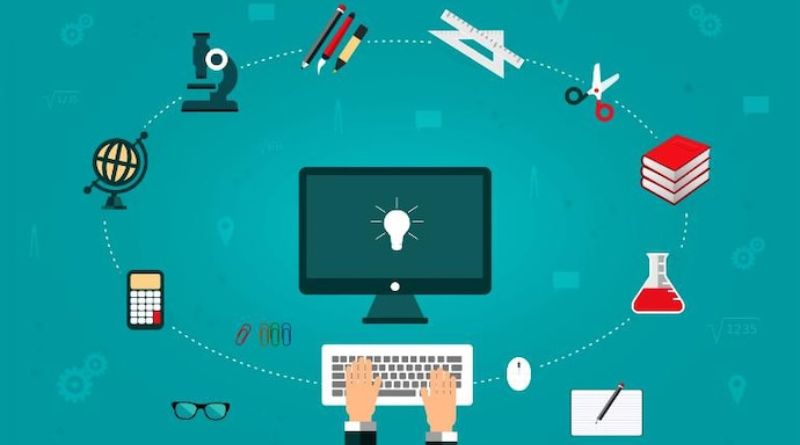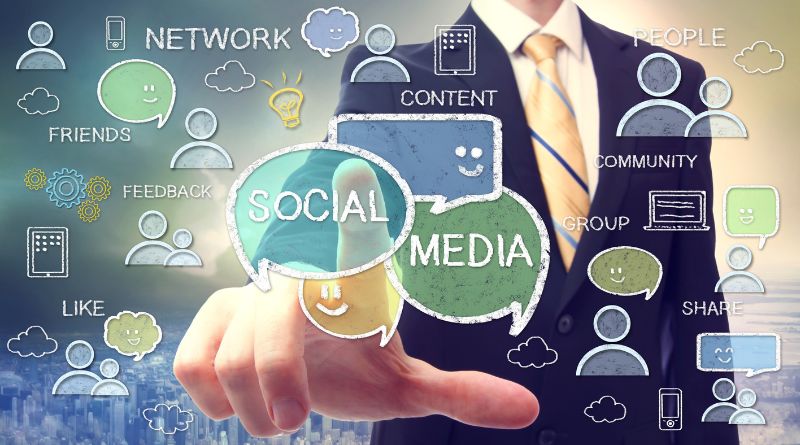The Ever-Evolving Landscape of Technology: A Glimpse into the Future

Technology is still an important aspect in modern life, influencing how we communicate, work, and live. Innovations in technology and human progress have been closely related since the invention the spinning wheel and the start of the internet era. The aforementioned piece will examine the state of technological advancement now and offer a peek into how innovation is going to change what we do in the future.
The Current Technological Landscape:
Multiple technical trends are taking hold in globally as we approach the start of the third millennium of the twentieth century. Healthcare, banking, and agriculture are just a few different industries that computer science (AI) and data mining (ML) are revolutionizing. In addition to increasing productivity, machines’ capability for sophisticated decision-making as data analysis has unlocked new possibilities in fields like machine learning for autonomous transportation.
Over the internet, everyday objects have become connected to the digital world through the Internet if Things (IoT). Mobile phones, industrial sensors, and smart homes are already widespread and provide users never-before-seen levels of automation and data analysis. In addition to increasing comfort, this sense of connectedness has sparked issues about vulnerability and anonymity.
Originally related to currency like Bitcoin, block chain technology has developed to provide transparent and safe solutions for a range of sectors. The anarchic structure of block chain technology has the ability to shake up established operations, removing middlemen and improve security, from handling the supply chain to digital confirmation of identity.
Looking Ahead:
The next developments will be more interesting as innovation is advancing at the rate of an exponential. Considering its capacity to handle enormous volumes of data at once, quantum information technology has the potential to transform businesses like drug development, encryption, and optimization issues that fall currently below the scope of traditional computing.
The 5G technology promises to alter communications by offering more dependable and rapid internet speeds. This will facilitate the wider use of advances like immersive reality (AR) and holographic reality (VR), in addition to enhancing the functioning of mobile devices. These immersive technologies have the potential to completely change the way we work, learn, and pass moments when they are seamlessly integrated into how we live every day.
A different field where knowledge is expected to develop significantly is biology. Technological developments in CRISPR/C and other gene editing tools have the potential to improve individuals and treat genetic disorders. The coming together of the two disciplines may result in customized medicine, wherein a patient’s care can be tailored based on their particular genetic profile.
Challenges and Considerations:
Though technology has an optimistic outlook, it is imperative to confront the difficulties provided by its swift development. It’s important to carefully negotiate ethical issues like the correct use of artificial intelligence and the possible misuse of biotechnology advancements. To guarantee that everyone may benefit from advances in technology, problems with data privacy, safety reasons, and the digital disparity must all be addressed.
Conclusion:
On close to of an industrial revolution, the prospects are both exciting and intimidating. The course of invention is determined due to the decisions we make now. By assisting ethical growth and development, adopting responsible practices, and tackling societal problems, we can effectively use technology to build a future the fact grows human experience and propels forward positive change globally.







